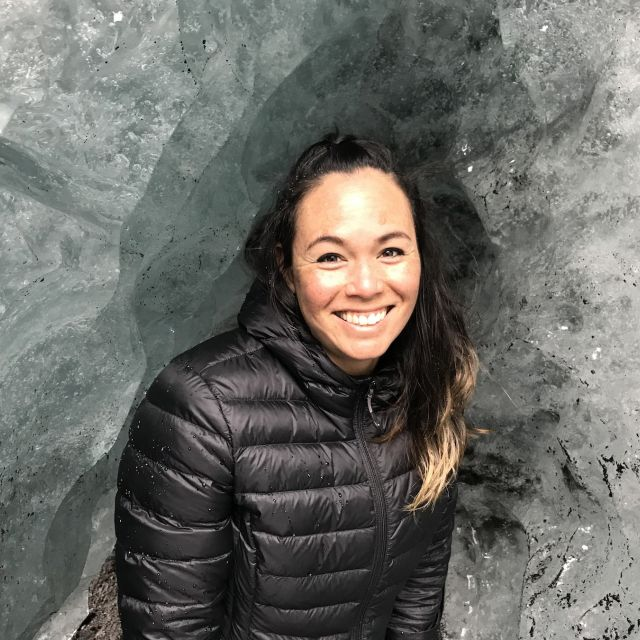California Aquaculture in the Changing Food Seascape

Dr. Fong's research reflects just the kind of work the Bren community strives to do: cutting edge research with direct, real world applications. Her talk should be of interest not only to those interested in aquaculture, but anyone interested in what it looks like to advise an action plan for the state of California.
—Anna Boser, Bren PhD Student
Watch a recording of this talk here
ABSTRACT
The sustainable "blue economy"—defined as the use of aquatic resources for economic growth, improved livelihoods, and jobs while preserving the health of these ecosystems—has been elevated as a vehicle for increasing economic opportunities and jobs sustainably by fundamentally transforming human use of aquatic resources. Many blue foods—foods generated from aquatic environments—are relatively sustainable compared to terrestrial systems if managed well. Currently, the state of California is re-examining policy and practices in an effort to allow expansion of sustainable aquaculture in the state. Specifically, the California Ocean Protection Council, in collaboration with the National Center for Ecological Analysis and Synthesis and seven state agencies, will release an Aquaculture Action Plan as a guide. I will present three case studies that have emerged from our research to inform the Plan. First, I will describe the current aquaculture landscape in California. Second, I will show the results of a meta-analysis on aquaculture yield, which will help us understand how much land might be required to meet production goals. Finally, I will present a study describing changes in employment in the seafood sector to explore the social and cultural implications of shifts in seafood production mode.
BIO
Cat earned a BA and a PhD in Ecology, Evolution and Marine Biology from the University of California, Santa Barbara. Her doctoral research focused on host-parasite interactions in the rocky intertidal zone. As a National Science Foundation Postdoctoral Research Fellow in Biology, she transitioned to focusing on human impacts to nearshore marine program. In this position, she studied how multiple stressors (overfishing, nutrient enrichment, and enhanced sediment load) drove transitions to macroalgae on tropical coral reefs, and assessed whether mitigation of these stressors could drive recovery. Cat started as an NCEAS postdoctoral fellow with the Conservation Aquaculture Research Team (CART), where she will be assisting in the development of an Aquaculture Action Plan for the state of California.